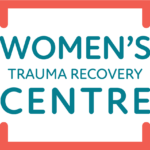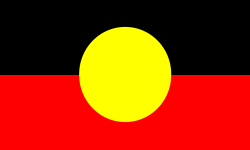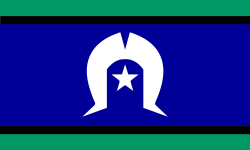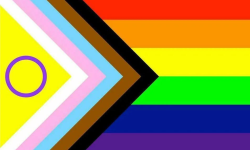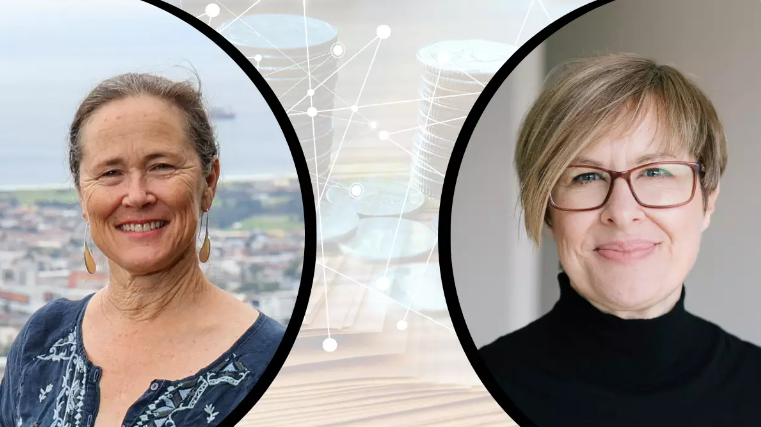
Illawarra Women’s Health Centre executive director Sally Stevenson and Centre for Women’s Economic Safety chief executive officer Rebecca Glenn. Pictures by Wesley Lonergan and supplied
Money Clinic arrives in Shellharbour for women suffering financial abuse
Illawarra women experiencing financial abuse will have greater access to a service that helps them regain their independence and move on from violent relationships.
The Centre for Women’s Economic Safety (CWES) will expand its free Money Clinic from the Women’s Trauma Recovery Centre in Shellharbour, having already offered the service through the Illawarra Women’s Health Centre in Warilla for more than 12 months.
It is expected to open at the trauma recovery centre in the coming months.
The health centre’s executive director Sally Stevenson said the service was “not only very good but very much in demand”.
Ms Stevenson said financial abuse was a huge problem facing the women seeking help from the centre, with more than 70 per cent of women who experienced domestic and family violence also reporting financial abuse and stress.
“Given that money is so central to our lives every day, across nearly everything, to have that controlled or withdrawn from you… it has a significant impact,” she said.
“If not addressed, it can have a compounding and enduring impact across a lifetime.”
Women were often confronted with the choice of staying in a violent relationship, she said, or becoming homeless, so access to money was vital to their independence and their ability to recover from abuse.
“If you leave and you’re in poverty, that’s another form of trauma, and you can’t move on or recover if you’ve got no money, if you’re in the back of a car, if you can’t feed your children,” Ms Stevenson said.
That was why, she said, the Money Clinic’s service was “critical”.
“What a lot of women who are in these situations find is that they really don’t anything about what their financial situation is, because it’s been hidden and controlled, and one of the things the Money Clinic can do is start to assess exactly where you are, what you need to do first, and work with you to do that,” Ms Stevenson said.
The Money Clinics are staffed by qualified financial counsellors, free, and available to everyone, with no eligibility criteria around income, assets, geographic location, or visa status.
Women do not have to be in a relationship at present to access the service, as financial abuse can last well past separation.
Ms Stevenson said that, importantly, the clinics were trauma-informed, with no expectations on women to bring any material documenting their situation nor to make any decisions.
“There will be no pressure, and no judgement,” she said.
CWES chief executive officer Rebecca Glenn said the clinics provided independent financial safety planning, resources and information, plus support for women to work towards their goals.
The expansion of the CWES clinic is supported with funding from the Greater Charitable Foundation.
Money Clinic sessions are also available online.
To book an appointment or for more information on other support available, visit cwes.org.au.
What is financial abuse?
Financial abuse is a form of family violence that strips a person of the independence.
It affects about 16 per cent of Australian women at some point in their lives.
Ms Stevenson said it could take many forms: an abuser might control access to cash or bank accounts, hide finances, put debt in a partner’s name to make them liable for it, or hide assets.
“When you think about the way that money works in your life – whether it’s having a house, paying rent, buying food, driving a car – you can just see how, when that is controlled or withdrawn from you, how debilitating that can be,” she said.
Research from Deloitte shows economic abuse is estimated to cost victims in Australia $5.7 billion each year, and the economy a further $5.2 billion.
The Women’s Trauma Recovery Centre is also working on a project to identify ways women can recover financial security in the wake of abuse.
